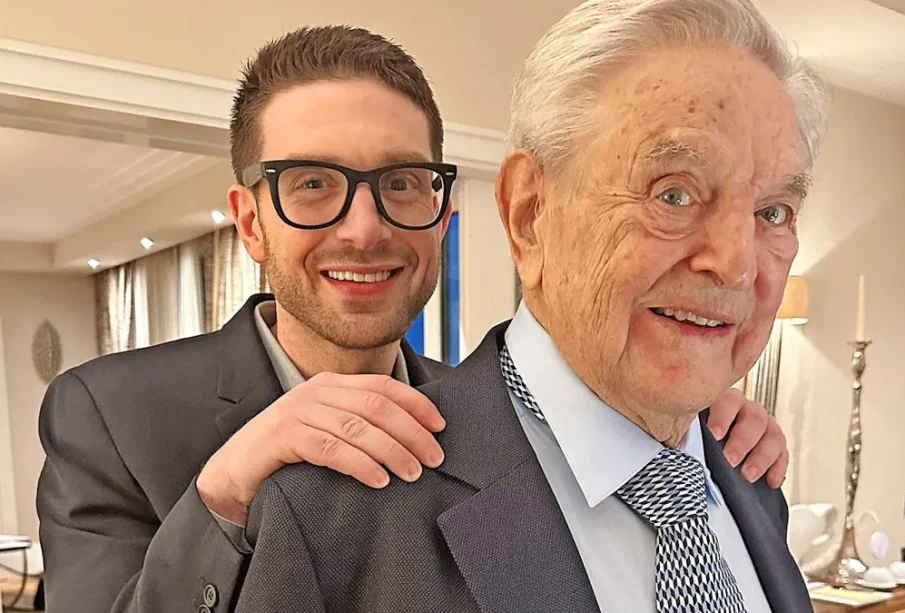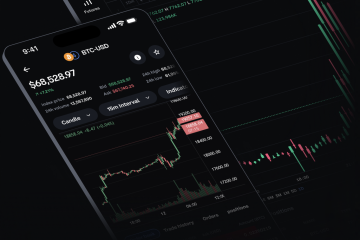Understanding George Soros: Investor, Philanthropist, and Controversy

Introduction
George Soros, born on August 12, 1930, in Budapest, Hungary, is a name that resonates across the financial and philanthropic landscapes. Renowned for his groundbreaking investment strategies and significant charitable contributions, he has become a pivotal figure in discussions surrounding economics, politics, and social justice. Soros’s activities and opinions often stir controversy, making him a critical figure in contemporary discourse.
Investment Career
Soros is perhaps best known for founding the Quantum Fund, which generated enormous profits for its investors, particularly during the late 20th century. His most famous financial move occurred in 1992, when he famously shorted the British pound, earning $1 billion in profit within days as the currency plummeted in value. This event highlighted his ability to anticipate market trends and exploit them, cementing his reputation as an investment maverick.
Philanthropic Endeavors
Beyond the financial world, Soros is recognized for his commitment to philanthropy through his Open Society Foundations, which he established to advocate for democracy, human rights, and social reform. His foundations have invested over $32 billion since their inception in 1979, funding various initiatives ranging from education and public health to crisis response in communities worldwide. Recently, in 2022, he pledged an additional $16 billion to expand philanthropic efforts, focusing on addressing systemic inequalities, supporting refugees, and promoting democratic governance.
Political Influence and Controversy
Despite his contributions, Soros is often at the center of political debates, particularly in the United States. His funding of progressive causes and candidates has made him a target of political opponents, who accuse him of wielding disproportionate influence over politics and policy. This controversy intensified with the rise of political conspiracy theories linking Soros to various global events, often based on unfounded claims. Ongoing discussions about his role highlight the complexities of wealth, influence, and the political landscape.
Conclusion
As we look forward, the impact of George Soros remains significant across multiple sectors. His dual legacy as an investor and philanthropist prompts ongoing discussions about the ethical implications of wealth in shaping society. Regardless of divergent opinions, Soros’s influence will likely continue to be felt deeply in global finance and philanthropy, compelling society to examine the roles and responsibilities of influential figures in fostering progress and equity in our increasingly complex world.









